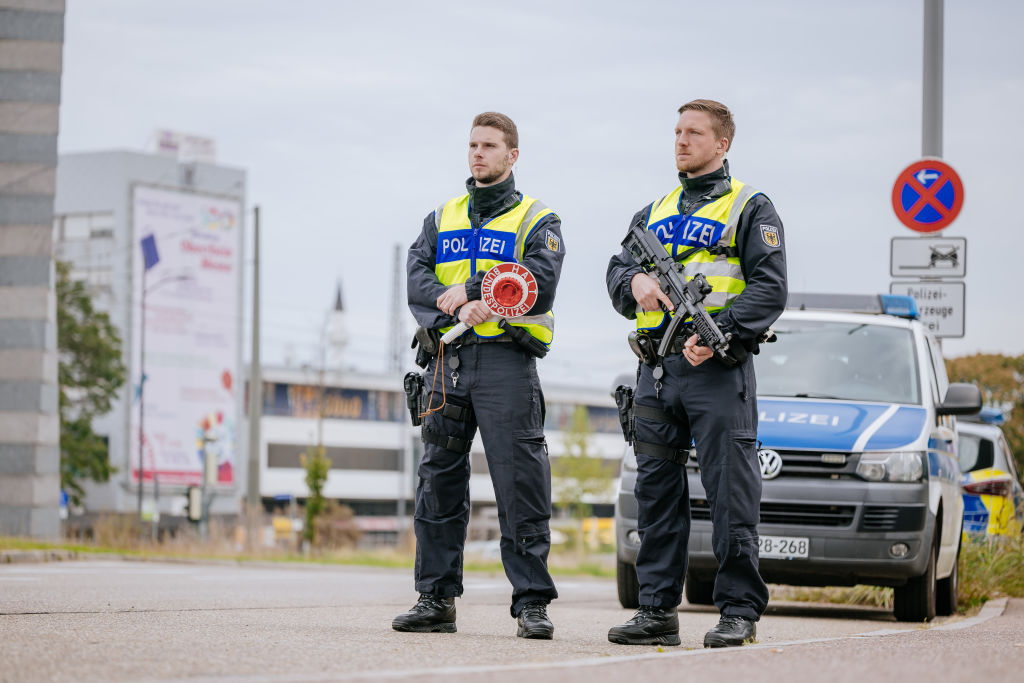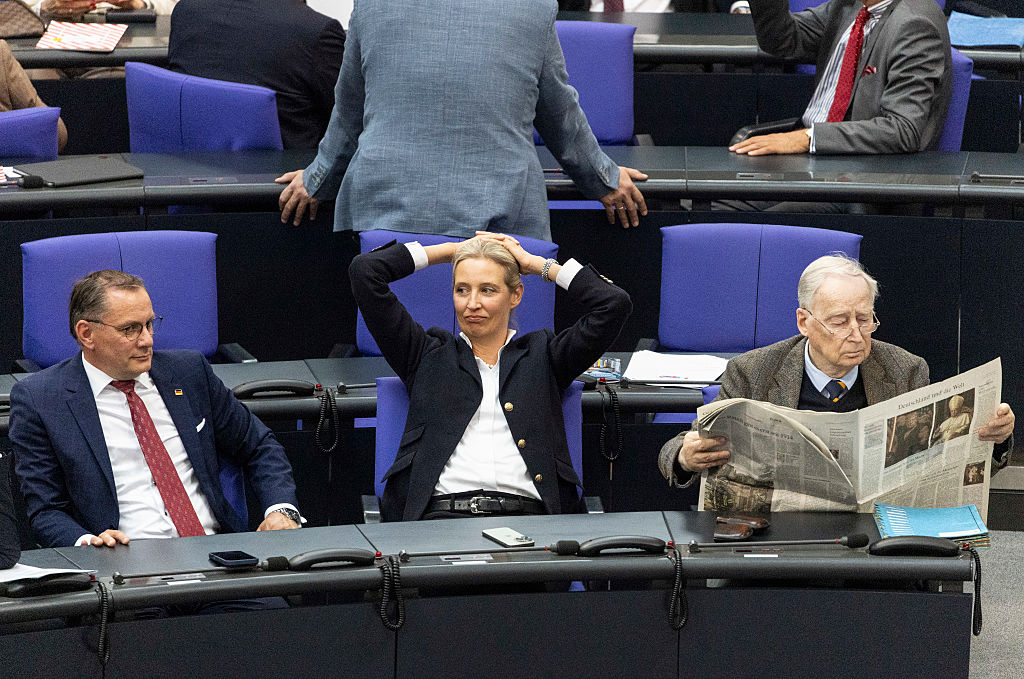The German Police Officers’ Union (DPolG), a representation body for German policemen, said it suspected a recent incident at the German-Polish border may have been co-ordinated by a German pro-asylum NGO.
The incident led to a landmark court decision challenging the new border security regime.
In May 2025, a group of three Somalis tried to cross into Germany from Poland, claiming asylum at the border. The German border police – following recently issued new directives by interior minister Alexander Dobrindt (Christian Social Union of Bavaria, CSU) – denied them entry and sent them back to Poland.
The three “refugees” filed a suit against the measure with a Berlin court, with the help of Pro Asyl, a German NGO.
The court subsequently issued an advance ruling that declared the new directives and the pushbacks of asylum seekers at the border unlawful. That was seen as a key challenge against the recent tightening of migration policy under Germany’s new Conservative Chancellor Friedrich Merz.
On June 5, the DPolG filed a criminal complaint against unknown parties who might have aided the Somalis to cross the German border illegally.
The complaint implicitly accused Pro Asyl of being part of the circle of alleged offenders. Among other things DPolG alleged “that the three Somali nationals were harboured in Poland by unknown persons, possibly belonging to the Pro Asyl association or at least active on its behalf, and provided with new clothing and possibly new mobile phones”, according to German newspaper Welt, which obtained a copy of the document.
The suit continued: “This may have happened before the Somali nationals committed the offence of illegal entry. They were probably also advised by unknown persons belonging to or working for the Pro Asyl association, who accompanied and supported them in committing the offence.”
According to the DPolG, the accomplices of the would-be immigrants may have committed several alleged offences including smuggling of foreigners, aiding and abetting unauthorised entry as well as forgery of documents.
Heiko Teggatz, president of DPolG, told German media he had filed the complaint to investigate the landmark case and take pressure off his colleagues with the border police.
“My colleagues are being put under pressure because it is now being claimed everywhere that they are acting unlawfully”, he said.
Karl Kopp, director of Pro Asyl, denied all responsibility for criminal offences. “If untrue allegations about Pro Asyl are spread, we will take legal action”, he said, adding: “We have never made a secret of the fact that we are taking action against possible human rights violations at the border.”
The Berlin court ruling has so far not impacted the tighter border security at Germany’s borders. On June 3, Dobrindt announced that the pushbacks would continue as planned.
The three Somalis at the heart of the incident were now in a refugee centre in Berlin awaiting their asylum procedure.





